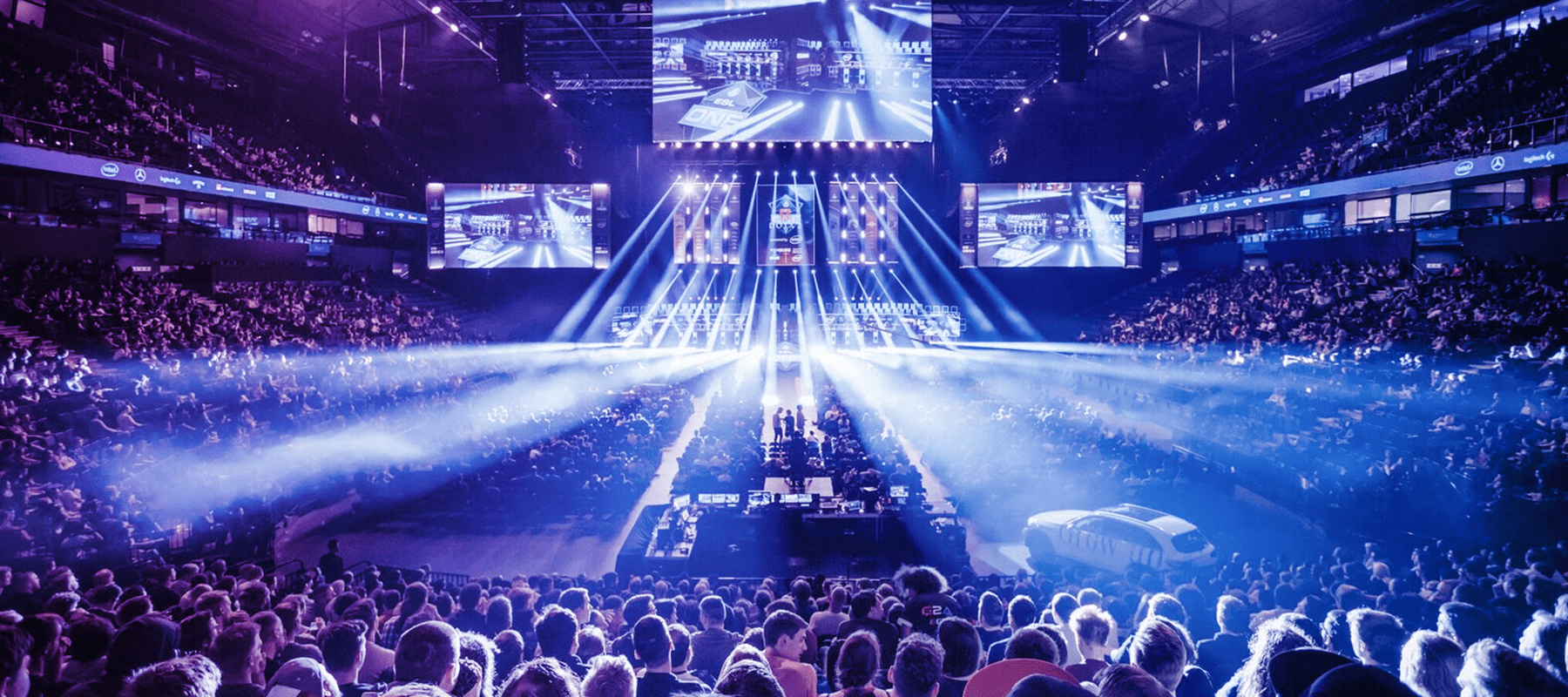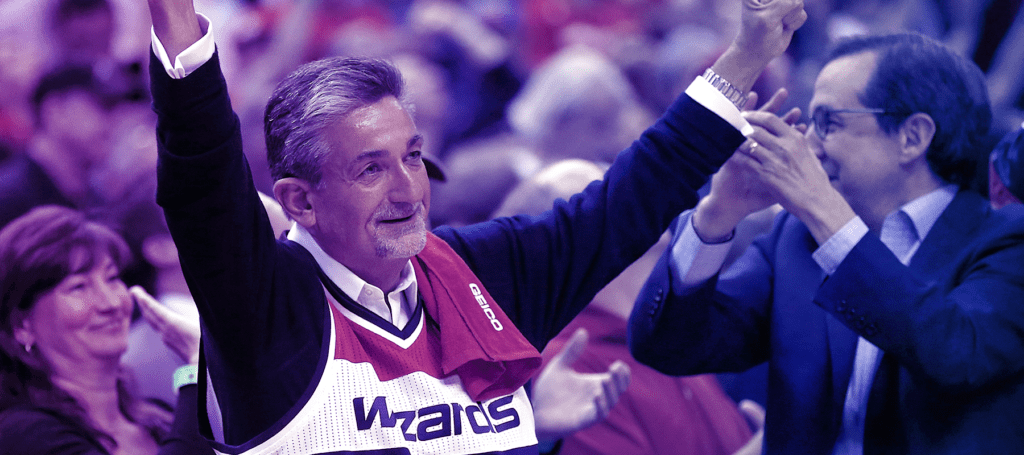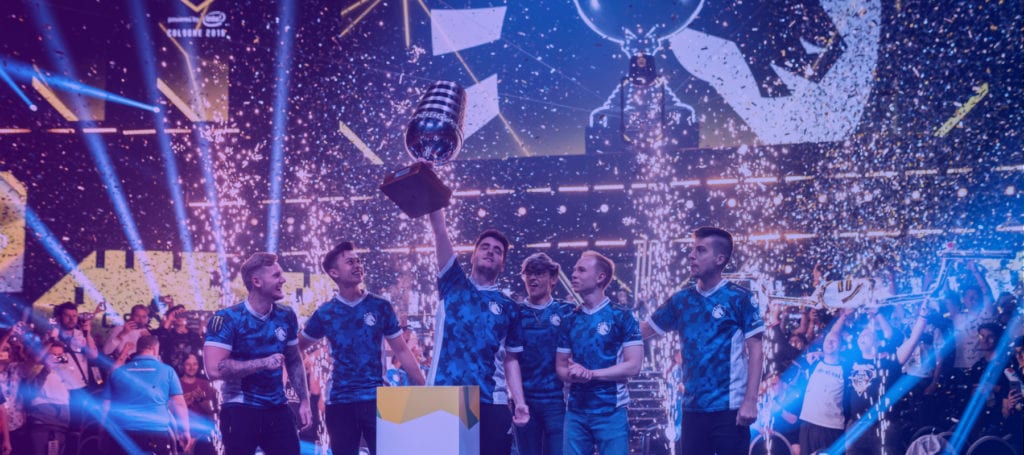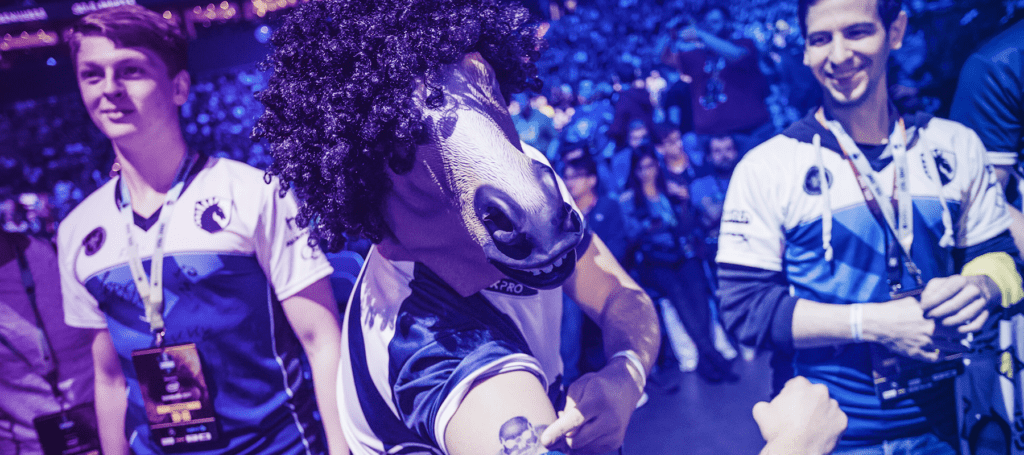Via Axiomatic Gaming | News
Can Old School Eports Teams Survive In A Big Money World?
January 27, 2017 | Author: Leo Hsu
In the face of immense investments from wealthy athletes and sports organizations, the likes of Team Liquid will have to adapt or die
The last few years have been a veritable Cambrian explosion for competitive gaming. This is particularly true when it comes to esports teams – new and well-funded organizations have become almost unbelievably numerous. Shaquille O’Neal, Alex Rodriguez, Rick Fox, Jonas Jerebko, and other famous athletes own stakes in upstarts like NRG, Echo Fox, and Renegades. Competition grows fiercer every day. And proliferating rivals aren’t even the biggest threat. The scariest specter may be the game publishers themselves, who are increasingly cognizant of esports’ huge revenue potential and determined to maximize their share.
It’s hard to believe that every esports team will survive the maelstrom to come. The organizations with the best chance may not be the ones with the most money. When the dust clears, the most important factors might end up being the same things that have characterized successful teams throughout esports’ tumultuous history: experience, passion, and unflinching persistence in the face of adversity.
In December 2002, a 19-year-old Dutch kid named Victor Goossens departed for South Korea to compete full-time in StarCraft: Brood War, the 1998 real-time strategy game from Blizzard, and probably the most enduring esport ever. Though Goossens was skilled, qualifying in 2003 for the illustrious OnGameNet Challenge League, it was his team, not his skill, that would one day make him famous. A few years earlier, he’d founded an informal Brood War clan called Team Liquid. The only members were Goossens himself, aka Liquid`Nazgul, and a selection of obscure Canadian and European players with tags like Liquid`Drone, Liquid`Frost, and (most memorably) Liquid`Meat.
TeamLiquid.net, a forum Goossens had founded in 2001, soon became a cornerstone of the Brood War scene, a place where the best players gathered to discuss strategy. By the mid-aughts, it was the most prominent StarCraft forum in the Western world. When StarCraft II launched in 2010, Team Liquid was the first to capitalize, picking up a slew of sponsors and top-tier players. They sponsored tournaments, helping StarCraft II grow to become the first “tier one” esport of the modern era. As the years wore on, the team diversified, expanding into games like Super Smash Bros. Melee, Hearthstone, Dota 2, and Counter-Strike. In September 2016, an investment group called aXiomatic, led by Golden State Warriors co-owner Peter Guber and Washington Wizards owner Ted Leonsis, purchased Team Liquid for an undisclosed sum.
The existing leadership was left intact. Fourteen years after taking his first step into an esports career, through persistence, grit, and passion, Victor Goossens had finally made it big.
Today, Goossens comes across as polite, relaxed, and supremely confident. His English is flawless, with only the slightest hint of an accent. It doesn’t take much to get him going on the scintillating future of global esports. “I fully believe that esports really is worth watching, that our youth [already] grows up thinking that it’s alright to watch, to play.”
Perhaps the most obvious sign of esports’ growth is the sheer number of new investor-fueled teams. Together, these organizations leverage unprecedented spending power. Though it’s impossible to know exactly how much money is in play – the terms of such investments are invariably secret – the tsunami of funding has had a profound impact on the industry. Goossens says increased bidding for players in games like League of Legends has caused salaries to spike substantially. In late 2015, the League of Legends team Ember revealed that it was paying its players around $70k each, plus benefits and health insurance, which industry insiders called “inflated beyond the market level.” (Ember disbanded a few months later.) Though no organization has disclosed salary information since, Team SoloMid CEO Andy Dinh called attention to costs in an August 2016 Twitlonger post, stating “most LCS teams lose money because stipends are stagnant, sponsorships for LCS team operations are shrinking and the cost of player salaries, content production, support staff and housing costs are spiraling up.” In September, Riot acknowledged that player salary costs were rising – as a direct result, they said, of “significant external investment” in the scene. “Motivated owners in the LPL have been trying to be more competitive globally in part by importing star players at high salary, which has led to a similar increase in salaries in leagues like the LCK as they try to protect their homegrown talent,” said Riot Games’ directors of eSports Jarred “Bradmore” Kennedy and Whalen “Magus” Rozelle in a shared statement. “That investment is a positive thing, especially for pros, but we understand it creates pressure for teams juggling costs in the short-term and we want to help them avoid cutting pro salaries and support.”
Goossens admits that the feeding frenzy was a major factor in Team Liquid’s decision to seek investment. In a way, his hand was forced. “If we operate on cash flow and others are spending way more, it means that we’re not going to be able to get the players that we want,” he says. “If we can’t get the players then we can’t get the sponsors that we want, and eventually it’s a downward spiral.”
Investor appetite is so intense that most modern esports teams operate at a significant short-term loss, in expectation of a long-term payoff.
“It’s not like you pick up an LCS team and you can get two million in sponsorship. It just doesn’t work that way,” Goossens says. To keep up with other organizations, he needed more capital – a lot more capital.
Image via: ROLLING STONE





